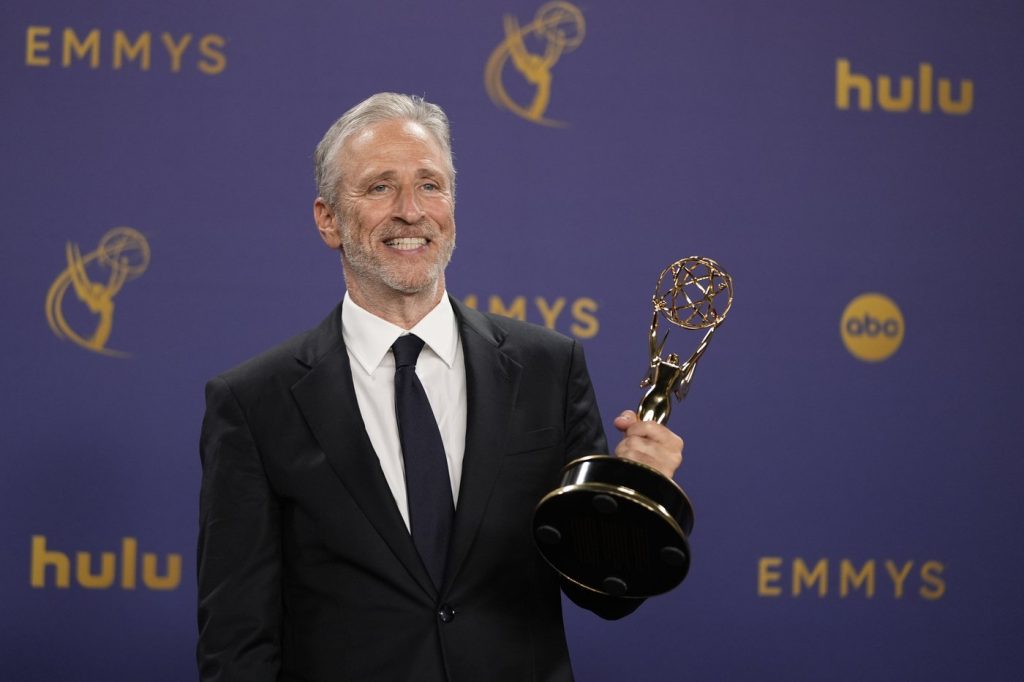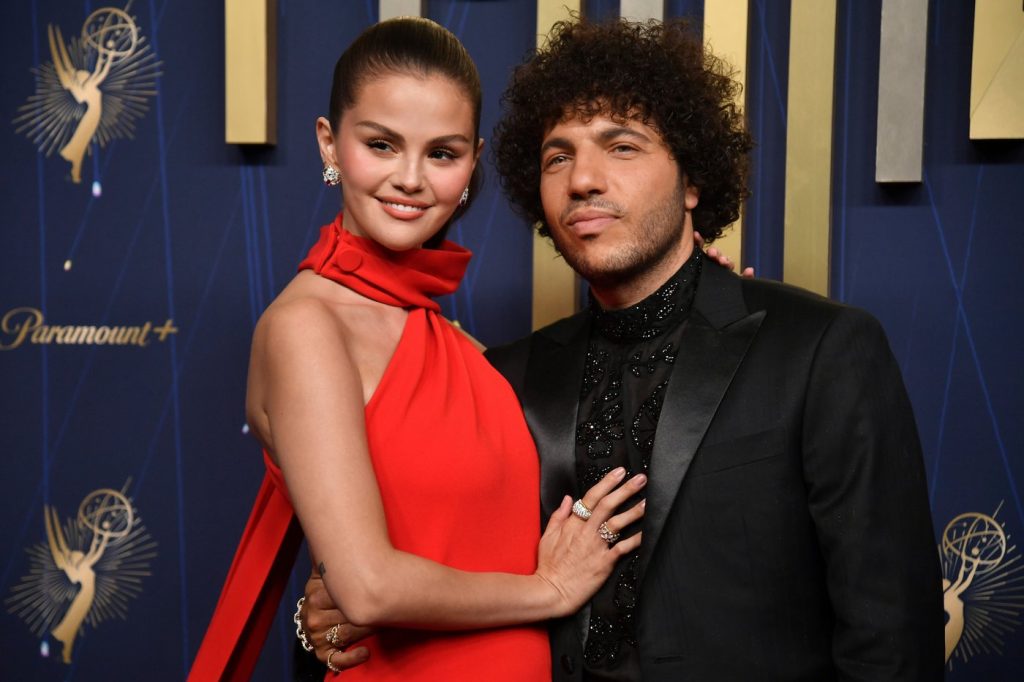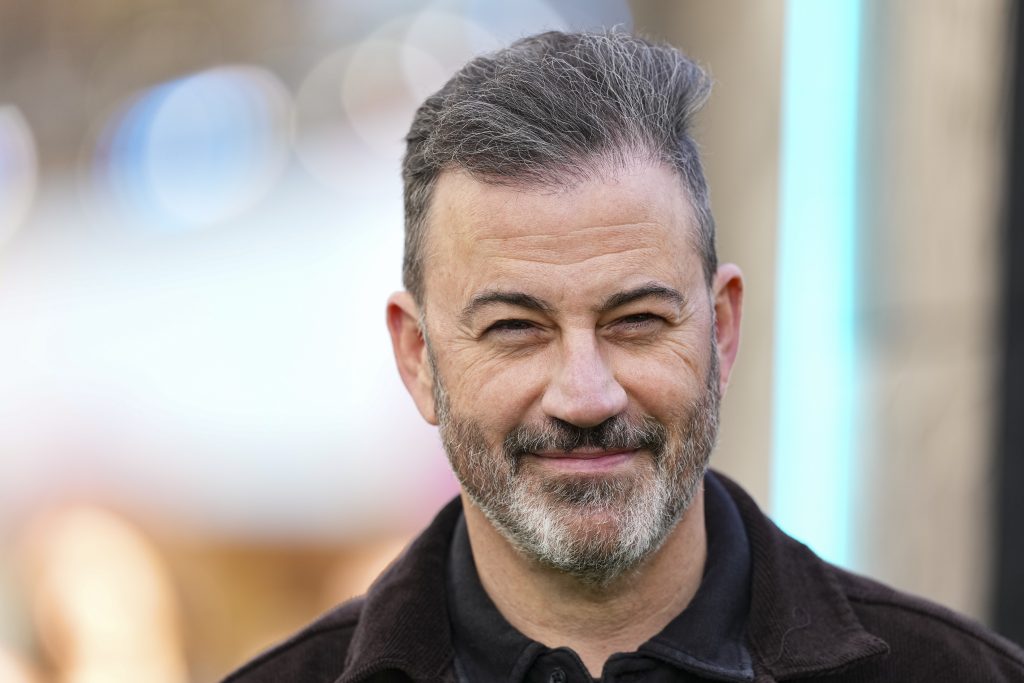On Thursday, Jon Stewart, Stephen Colbert, and Jimmy Fallon opened their late-night shows with humor and solidarity for their suspended colleague, Jimmy Kimmel, who hosts "Jimmy Kimmel Live!" Kimmel was suspended indefinitely by ABC following remarks he made regarding the assassination of conservative activist Charlie Kirk.
Jon Stewart took a satirical approach to critique Kimmel's suspension, while Stephen Colbert expressed a more serious tone, calling the move "blatant censorship." Jimmy Fallon, on the other hand, praised Kimmel, describing him as a "decent, funny and loving guy," and vowed to continue his show as usual, although an announcer interrupted to replace much of his critique of President Donald Trump with flattery.
The guests on the evenings following Kimmel's suspension varied significantly. Fallon's show included actor Jude Law, journalist Tom Llamas, and actor and singer Jonathan Groff, none of whom addressed Kimmel's situation. In contrast, Stewart and Colbert invited guests who could speak on censorship issues, including journalist and Nobel Peace Prize recipient Maria Ressa, who recounted her experiences facing arrest warrants during the presidency of Rodrigo Duterte in the Philippines.
Stewart's show opened with a voiceover promising a government-compliant episode, poking fun at large cities and the deployment of the National Guard to combat crime. He humorously described New York City as a "crime-ridden cesspool," noting that it is a tremendous disaster. The set of "The Daily Show" was decorated in a parody of the gold accents added by earlier administrations to the White House. Stewart fidgeted nervously during the show, worried about adhering to the expected talking points.
Fallon addressed Kimmel's suspension in his monologue, expressing uncertainty about the situation but affirming his respect for Kimmel. Kimmel's suspension was initiated after several ABC-affiliated stations refused to air his show, leading to scrutiny from Federal Communications Commission Chairman Brendan Carr, who claimed Kimmel, ABC, and Disney were spreading misinformation.
Colbert began his show with an altered version of the song "Be Our Guest," addressing Kimmel directly and affirming his support for him and his team. He criticized ABC's actions as naïve, asserting that the government was pressuring media outlets to silence voices and manipulate institutions that contribute to free speech. The audience responded with applause when Colbert asserted that freedom of speech is a fundamental community value.
David Letterman, Colbert's predecessor on "The Late Show," expressed dismay at the recent actions taken by networks, noting that there appears to be a trend toward managed media. Letterman stated that individuals should not be dismissed simply for not conforming to what he perceived as authoritarian tendencies in leadership.
In summary, the response of late-night hosts to Kimmel's suspension highlighted the ongoing tensions regarding freedom of expression and the role of media in the current political landscape. Their varying approaches underscored the significance of solidarity among entertainers facing challenges related to free speech and censorship.












